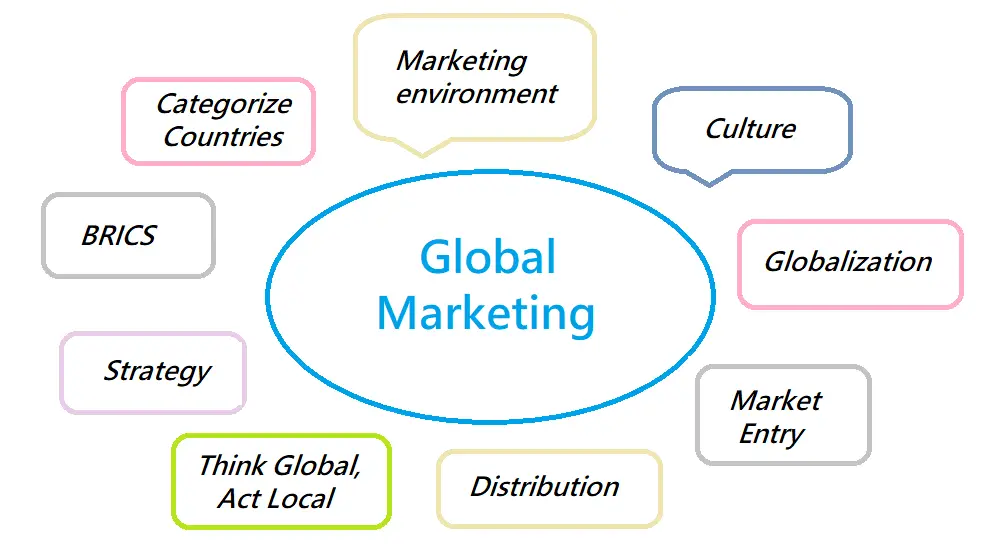
Starting a personal business venture or managing personal business matter can be an exciting and rewarding endeavor. However, it also comes with its fair share of challenges. Understanding these challenges is the first step towards navigating them successfully.
One of the main challenges of personal business matters is the blurred line between personal and business finances. As an entrepreneur or business owner, it is crucial to separate your personal and business finances to maintain clarity and avoid potential legal and financial issues. Mixing personal and business funds can lead to confusion, inaccurate financial records, and tax complications. By separating your finances, you can better track expenses, manage cash flow, and ensure that you are making informed financial decisions for both your personal and business needs.
Another challenge that individuals face when managing personal business matters is setting clear goals and objectives. Without clear goals, it is easy to get lost in the day-to-day tasks and lose sight of the bigger picture. Setting specific, measurable, achievable, relevant, and time-bound (SMART) goals is essential for both personal and business growth. These goals help guide your decisions, keep you focused, and provide a sense of direction. Whether it’s increasing revenue, expanding your customer base, or improving personal skills, having well-defined goals will help you stay motivated and on track.
Time management is another significant challenge faced by individuals dealing with personal business matters. Balancing personal commitments, business responsibilities, and self-care can be overwhelming. It is crucial to prioritize tasks, delegate when necessary, and create a realistic schedule that allows for both productivity and personal well-being. Effective time management enables you to make the most of your limited resources and ensures that you are devoting enough time to the various aspects of your personal business matters.
Contents
Importance of Separating Personal and Business Finances
When it comes to personal business matter meaning one of the most critical steps you can take is to separate your personal and business finances. This separation is crucial for several reasons and can have a significant impact on your overall success.
First and foremost, separating your finances helps to maintain accurate and organized records. When personal and business expenses are commingled, it becomes challenging to track and differentiate between the two. This can lead to confusion, errors, and potential financial discrepancies. By keeping separate accounts and records for personal and business transactions, you can easily monitor your cash flow, manage expenses, and maintain accurate financial records.
Another important reason to separate personal and business finances is to protect your personal assets. When personal and business finances are mixed, there is a risk that any legal issues or financial liabilities associated with your business can affect your personal assets. By keeping your personal and business finances separate, you create a legal separation that helps protect your personal assets in the event of business-related legal disputes or financial obligations.
Furthermore, separating your finances allows for better tax management. When you have separate accounts and records for personal and business transactions, it becomes easier to track deductible expenses and report income accurately. This can help you maximize your tax deductions and minimize the risk of triggering an audit. Proper tax management is essential for personal business matters, as it can have a significant impact on your overall financial health.
Separating personal and business finances is a vital step in successfully managing personal business matters. It ensures accurate record-keeping, protects personal assets, and allows for better tax management. By implementing this separation, you can navigate the financial aspects of your personal business matters with confidence and clarity.
Setting Clear Goals and Objectives
Setting clear goals and objectives is a crucial component of achieving success in personal business matters. Without clear goals, it becomes difficult to measure progress, stay motivated, and make informed decisions. In this section, we will explore the importance of setting clear goals and provide practical tips for effective goal setting.
One of the main benefits of setting clear goals is that they provide direction and focus. When you have a clear destination in mind, it becomes easier to prioritize tasks, allocate resources, and make decisions that align with your objectives. Clear goals help you stay on track and ensure that your actions are moving you closer to your desired outcome.
Another advantage of clear goals is that they provide motivation and a sense of purpose. When you have a compelling goal that resonates with your values and aspirations, it becomes easier to stay motivated, even in the face of challenges and setbacks. Clear goals give you something to strive for and serve as a constant reminder of why you embarked on your personal business journey in the first place.
To set clear goals, it is essential to make them specific, measurable, achievable, relevant, and time-bound – the SMART criteria. Specific goals are clear and well-defined, leaving no room for ambiguity. Measurable goals allow you to track progress and determine whether you are on target. Achievable goals are realistic and within your reach, considering your available resources and capabilities. Relevant goals align with your overall vision and objectives. Finally, time-bound goals have a specific timeline or deadline, providing a sense of urgency and accountability.
In addition to setting SMART goals, it is crucial to break them down into smaller, actionable steps. By breaking down your goals, you can create a roadmap that outlines the actions needed to achieve each milestone. This approach makes your goals less overwhelming and more manageable, increasing the likelihood of success. Regularly reviewing and adjusting your goals is also important as circumstances change and new opportunities arise.
Setting clear goals and objectives is a fundamental aspect of personal business matters. Clear goals provide direction, motivation, and focus, helping you make informed decisions and measure progress. By following the SMART criteria and breaking down your goals into actionable steps, you can set yourself up for success and navigate the challenges of personal business matters with confidence.
Time Management for Personal Business Matters
Effective time management is essential for success in personal business matters. Balancing personal commitments, business responsibilities, and self-care can be challenging, but with proper time management strategies, you can optimize your productivity, reduce stress, and achieve a healthy work-life balance. In this section, we will explore practical tips for effective time management.
One of the first steps in effective time management is to prioritize tasks. Start by identifying the most important and urgent tasks and tackle them first. This approach ensures that you are focusing on high-value activities and not getting overwhelmed by less critical tasks. Prioritizing tasks allows you to allocate your time and energy efficiently, ensuring that you are making progress on the most crucial aspects of your personal business matters.
Delegation is another powerful time management technique. As a business owner or entrepreneur, it can be tempting to take on all tasks yourself. However, this approach can lead to burnout and hinder your ability to focus on strategic activities. Identify tasks that can be delegated to others and leverage the skills and capabilities of your team or external resources. Delegating tasks frees up your time to focus on higher-level responsibilities and allows you to leverage the expertise of others.
Creating a realistic schedule is vital for effective time management. Be mindful of your energy levels and allocate time for breaks and self-care. Avoid overloading your schedule and allow for flexibility to accommodate unexpected tasks or changes. By creating a balanced schedule, you can maximize your productivity while maintaining your well-being.
In addition to prioritizing tasks and creating a schedule, it is essential to minimize distractions. Identify common distractions such as social media, email notifications, or excessive multitasking, and implement strategies to minimize their impact. This may involve turning off notifications, setting designated times for checking emails or social media, or using time-blocking techniques to focus on specific tasks for a set period.
Finally, regular review and reflection are essential for effective time management. Assess your progress, identify areas for improvement, and adjust your strategies as needed. Reflecting on how you are allocating your time and identifying any patterns or habits that may be hindering your productivity allows you to make necessary adjustments and continuously improve your time management skills.
Effective time management is crucial for navigating the challenges of personal business matters. By prioritizing tasks, delegating responsibilities, creating a realistic schedule, minimizing distractions, and regularly reviewing and adjusting your strategies, you can optimize your productivity, reduce stress, and achieve a healthy work-life balance.
Navigating the challenges of personal business matters can be a complex and demanding endeavor. However, with the right strategies and mindset, you can overcome obstacles and achieve success. By understanding the challenges, separating personal and business finances, setting clear goals and objectives, and implementing effective time management techniques, you can navigate personal business matters with confidence and unlock your full potential.
Remember, success in personal business matters is not solely determined by external factors, but also by your ability to make informed decisions, stay motivated, and adapt to changing circumstances. With this comprehensive guide as your roadmap, you have the tools and knowledge to overcome any challenges that come your way. Embrace the journey, stay focused, and let your determination drive you towards the success you deserve.





